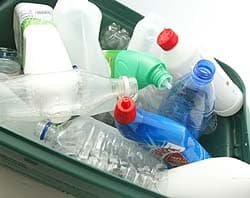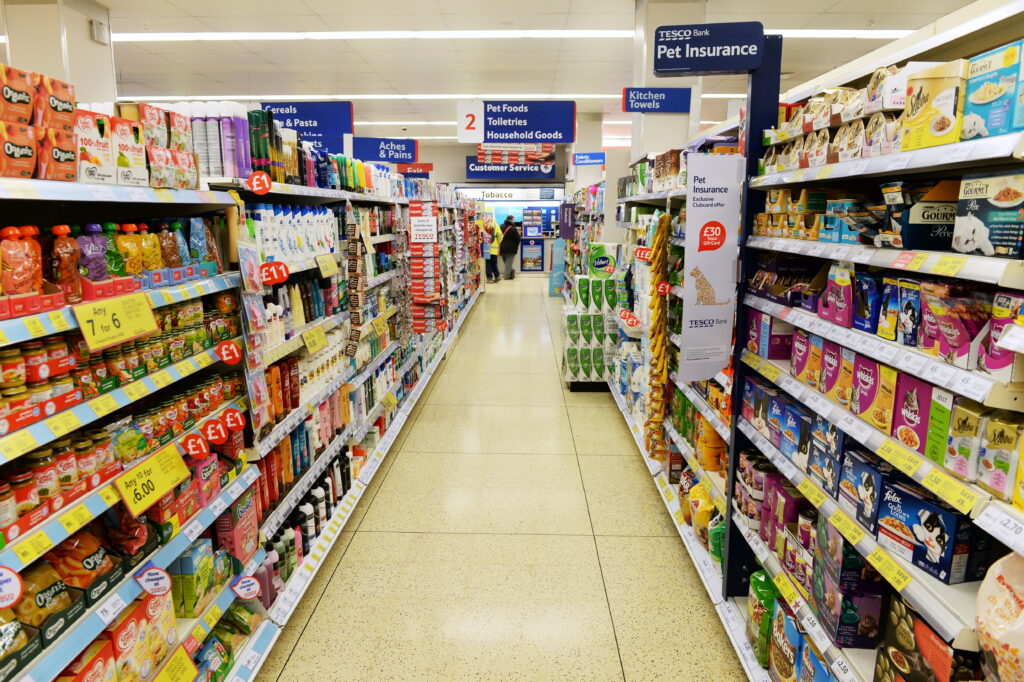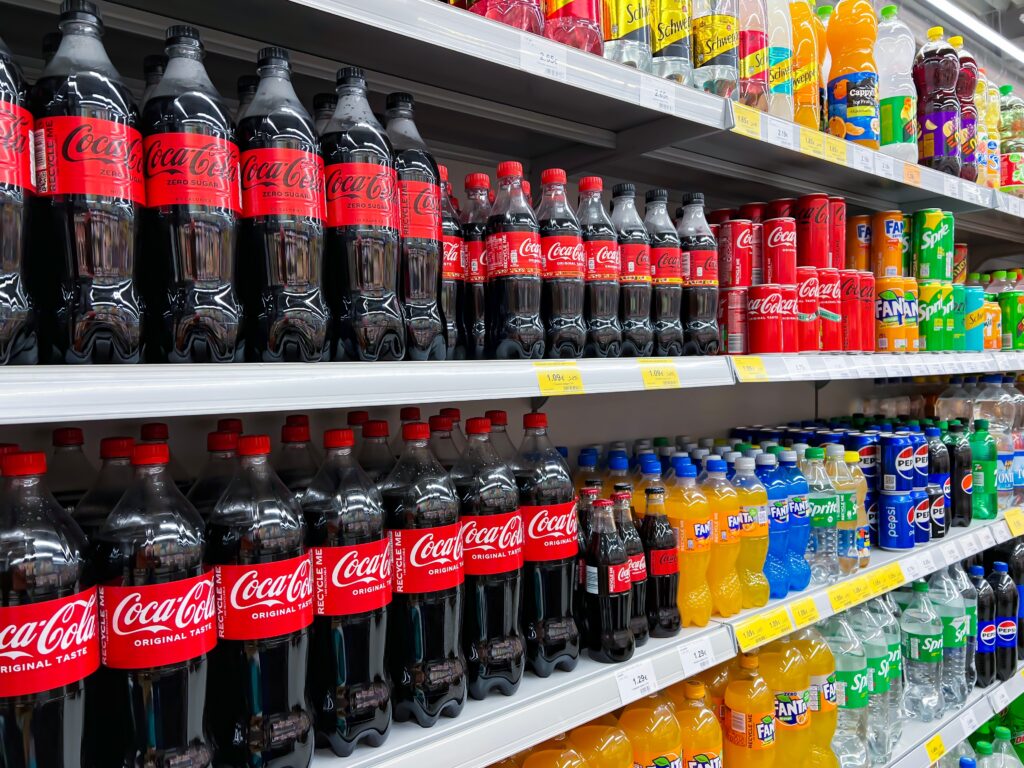The Defra-backed study argues the current system for collecting and managing plastic packaging disadvantages local authorities and consumers by preventing investment in green infrastructure.

And, it suggests the current system leads to an over-dependence on exporting waste to markets with “questionable” recycling policies.
Dr Eleni Iacovidou, a lecturer in environmental management at Brunel who led the study, said: “Innovation in the waste and recycling industry is really swift, but our local authorities cannot take advantage under the current system.
“Confronting and breaking the lock-ins to current regulations and infrastructures is key to achieving radical transformations in the plastic packaging system and in resource recovery systems more generally.”
Those behind the study say significant changes to the way plastic packaging waste is recycled in England are needed to meet the government’s target to eliminate avoidable plastic waste by 2043. This target was set in the Resources and Waste Strategy in December 2018 (see letsrecycle.com story).
Commitments
The report said the cost of collecting and managing waste under the current system meant some local authorities were forced to tie themselves to contracts running for as long as 25 years to be economically viable.
“Innovation in the waste and recycling industry is really swift, but our local authorities cannot take advantage under the current system”
This, the report argues, makes it difficult for local authorities to implement changes in their infrastructure and stymied efforts to exploit technological advancements.
The UK’s impending exit from the European Union is described in the report as a significant challenge to meeting its goal to eliminate avoidable waste of all kinds by 2050. However, Brexit is also identified as an opportunity to implement changes to the current system as the government decouples itself from European regulation.
CVORR
The study was undertaken using a systems approach known as Complex Value Optimisation for Resource Recovery (CVORR), which the researchers say supports understanding of how various policy interventions, current and planned, need to be coordinated to deliver desired outcomes.
Findings were published on 8 May in a report titled Plastic packaging – How do we get to where we want to be?. It can be read in full here.
The research was funded by the Plastic and Research Innovation Fund and the Economic and Social Research Council and was carried out in collaboration with Defra, the waste management sector and other stakeholders.








Subscribe for free